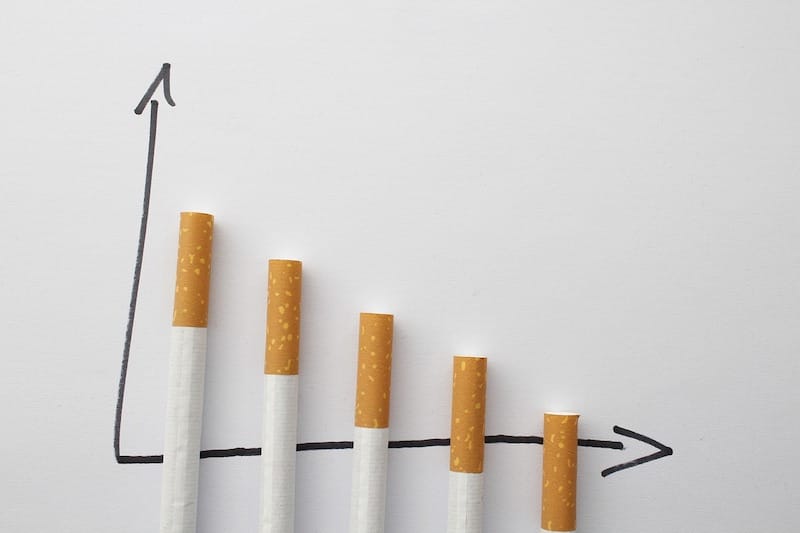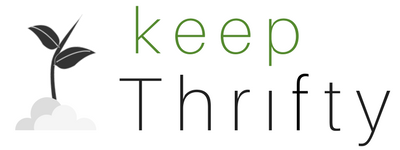
Just for fun, I spent an hour the other day digging through the Bureau of Labor Statistics’ Consumer Expenditure Survey. I wanted to see if there were any interesting things I could learn about how Americans from different backgrounds spend their money.
Yes, I’m a blast at dinner parties.
While I found a lot of interesting information, most of it was fairly common-sense. People with high incomes save a higher proportion of their income, all while spending more on just about everything. There was only one surprise I ran across.
There was one category in the entire set of BLS data that high-income people spent less on - tobacco.
For reference, here’s the data I pulled/computed:
| Annual Income | Annual Tobacco Spend Per Household | Annual Tobacco Spend Per Person |
|---|---|---|
| Less than $15,000 | $297 | $186 |
| $15,000 - $29,999 | $313 | $165 |
| $30,000 - $39,999 | $356 | $155 |
| $40,000 - $49,999 | $371 | $148 |
| $50,000 - $69,999 | $368 | $142 |
| $70,000 - $99,999 | $390 | $134 |
| $100,000 - $149,999 | $376 | $121 |
| $150,000 - $199,999 | $254 | $82 |
| $200,000 and More | $204 | $64 |
These numbers can be a bit deceiving though. I don’t have any evidence that higher-income smokers consume less tobacco product than lower-income smokers.
Since the table shows the average across all households (including those without tobacco consumption), the most likely reason for the difference is that fewer high-income people are smokers.
We all know that smoking isn’t good for your health. To amplify things, it’s not good for your finances either. How bad is it?
How Much Does Tobacco Use Really Cost

To keep things simple, we’ll ignore incremental healthcare costs and just look at the cost of the product.
Let’s say our subject smokes one pack of cigarettes a day at a cost of $6.43 per pack.
Using the MNY Future Value of Money calculator, we can calculate what that daily cost could be worth over the long haul. If the $6.43 a day were invested instead and got a 7% annual growth rate:
- It’d be worth $34,000 after 10 years
- It’d be worth $100,000 after 20 years
- It’d be worth $230,000 after 30 years
- It’d be worth $485,000 after 40 years
That’s right - a 40-year smoking habit would be worth nearly half of a million dollars. And that’s assuming prices don’t go up (which they usually do).
If You Don’t Use Tobacco
A good percentage of you that have made it this far don’t have tobacco as a part of your life and are wondering what you can do with any of this information.
I challenge you to think about what habits you have that are costing you on a daily, weekly, monthly basis (Tweet this ) .
Some of those habits - like a gym membership - might be good for you. But if you dig, maybe you can find an unhealthy habit that’s costing you health and money. Here are some ideas:
- Eating out for lunch with coworkers instead of bringing food from home
- Snacks from the vending machine
- Soda habits
- Excessive TV/Movie watching time (with a streaming service)
- High alcohol consumption
For any of these, you can use the MNY Future Value of Money calculator to convert those habits into their dollar value and see what you could be missing out on.
This kind of thinking helped me give up soda, switching to coffee instead. Beyond saving a bunch of money, I also feel healthier and happier!
Resources to Quit Smoking
If you are a tobacco user and are considering quitting, here are some great resources to get you started. Your wallet and your health will thank you!
